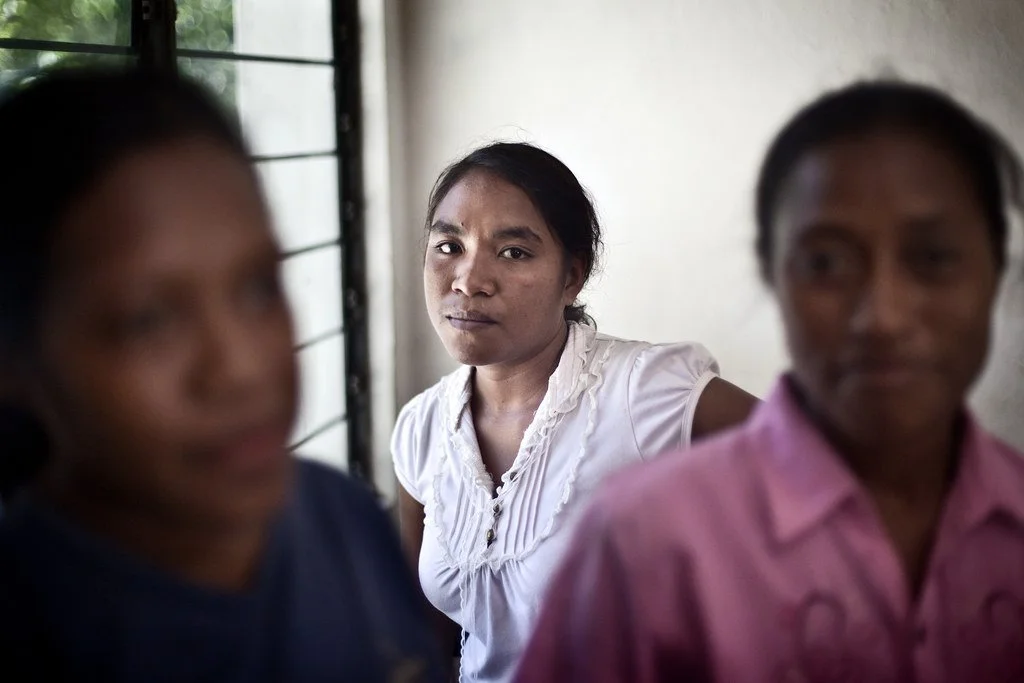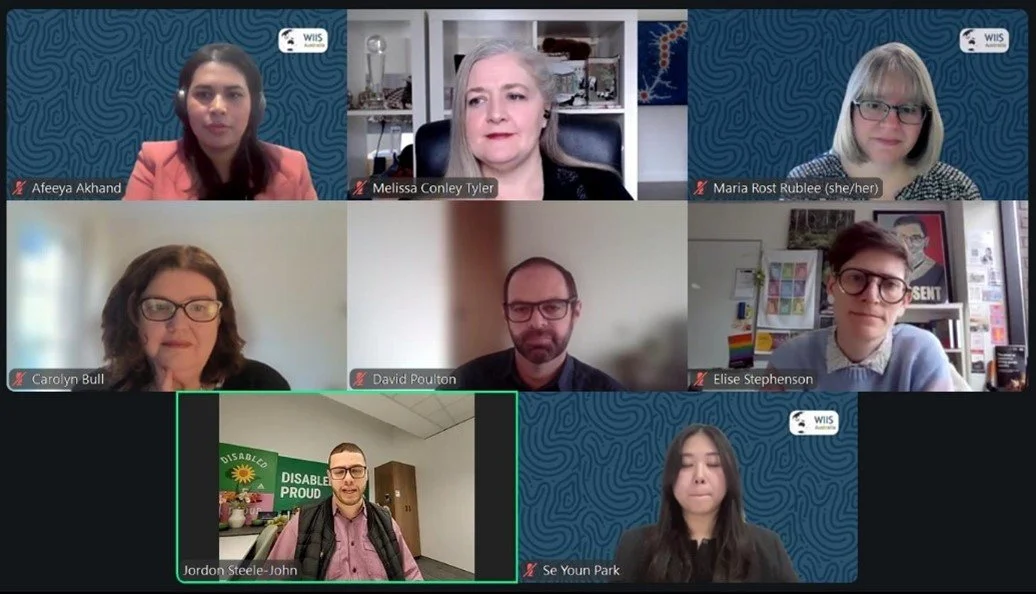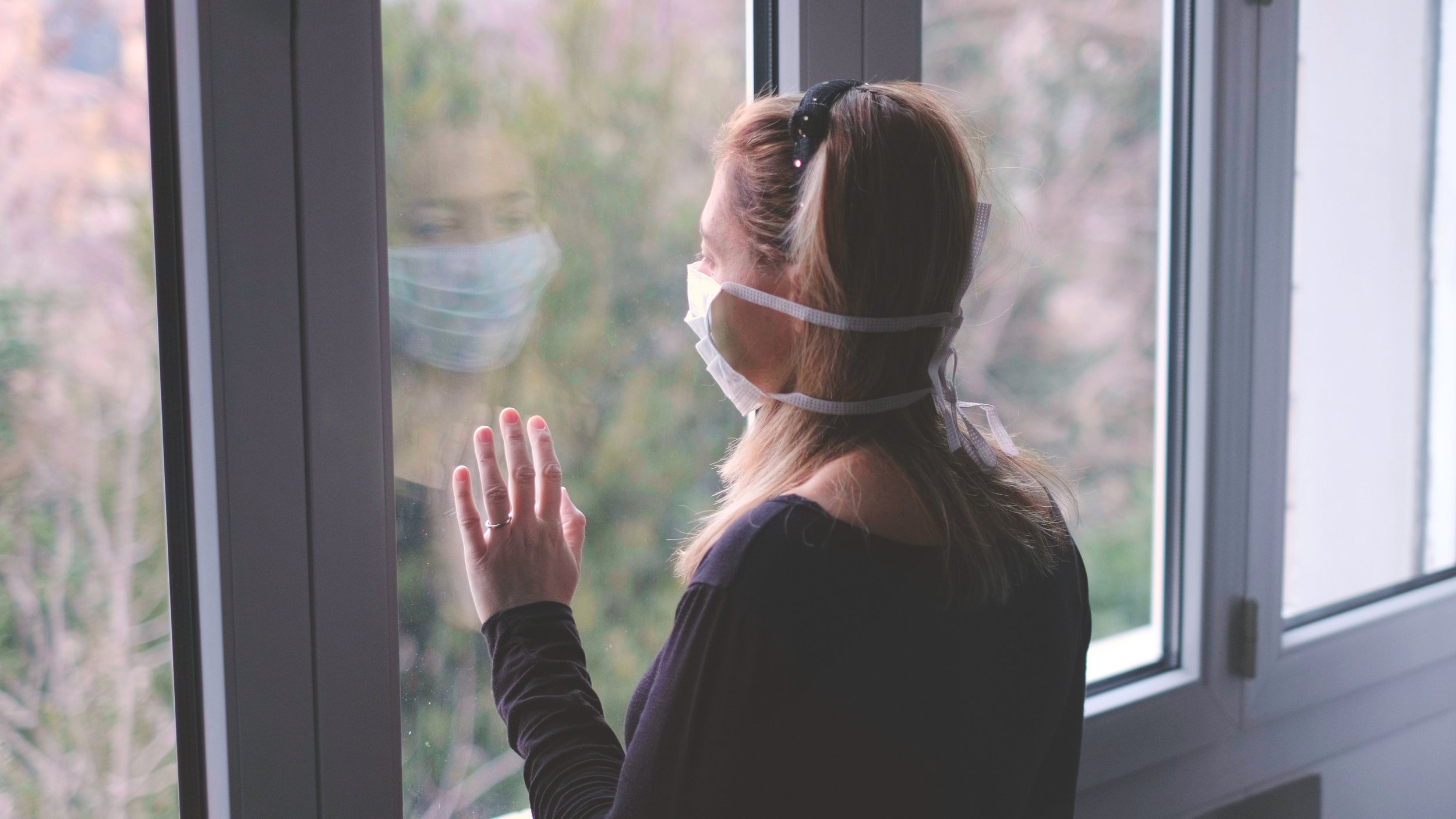Human Trafficking on the Border of Indonesia and Timor Leste: Why Australia Must Care
Understanding and addressing trafficking dynamics along the Indonesia–Timor-Leste border is therefore critical for Australia, because targeted cooperation, improved data, and gender-sensitive, victim-centred approaches can prevent exploitation while strengthening regional governance.
In July 2024, a man was charged in connection with the trafficking of an Indonesian teenager to work in a Sydney brothel. The Australian Federal Police (AFP) have expressed concerns that the trafficking case may be linked to a global organised crime network. This incident not isolated. It highlights the persistence of trafficking operations originating in the Global South and extending into Australia. Australia’s geographical proximity to Indonesia and Timor-Leste has also contributed to the use of these borders as key routes for trafficking networks. If left unexamined, these dynamics risk entrenching organised criminal activity and undermining regional governance.
Platforms of Extremism: Why Australia Must Confront Digital Misogyny as a Security Threat
From Melbourne hospitals to Sydney arrests linked to the Nth Room, Australia is already enmeshed in global infrastructures of digital misogyny. Treating these crimes as isolated risks repeating the failures of other states.
The arrest of junior doctor Ryan Cho in July 2025 for allegedly installing spycams in a Melbourne hospital shocked many Australians. At first glance, it might appear as an aberrant breach of trust: a young professional exploiting his position in a space meant to guarantee care and safety. Yet Cho’s crime is not best understood in isolation. It reflects a broader infrastructure of digital sex crimes that link hidden cameras, encrypted platforms, and online communities across borders. What unfolded in an Australian hospital echoes patterns already exposed elsewhere, most starkly in South Korea’s epidemic of spycam abuse and the Nth Room scandal. Australians often imagine these kinds of digital sex scandals as happening elsewhere – in Seoul, Tokyo, or hidden corners of the internet. Yet Cho’s conviction makes clear that the same infrastructures are present here, and that Australia is already implicated in them.
Australia needs a register for all hate crimes including Islamophobia
Australia’s Special Envoy to Combat Islamophobia has released a landmark report highlighting the urgent need for improved reporting mechanisms as more than one-third of Australians now express negative attitudes toward Muslims, with hate crimes particularly targeting hijab-wearing women and those of Palestinian and Arab backgrounds. Beyond addressing Islamophobia specifically, Australia needs a comprehensive national hate crimes register covering all minority groups to combat growing social polarization and ensure equal protection for vulnerable communities.
AP4D x WIIS-A Panel: Diversity in Development, Defence and Diplomacy
On 21 August 2025, Women in International Security – Australia Inc. (WIIS-A) partnered with the Asia-Pacific Development, Diplomacy and Defence Dialogue (AP4D) to host an online panel event entitled “Diversity in Development, Diplomacy and Defence.” This discussion brought together experts and leaders from policy, research and advocacy backgrounds to explore how diversity, equity and inclusion can be meaningfully advanced across the interrelated fields of diplomacy, development, intelligence and defence.
Why Diversity in Defence Matters Now More Than Ever - ‘Voices of the Future: Young Women Shaping the AUKUS Discourse’ Panel Event
Written by Katya Hoare
In recent years, diversity and inclusion have been at the forefront of political and defence dialogues. However, while efforts have increased representation of women and other traditionally marginalised communities, why are these groups still facing the same oppression? Systemic barriers deeply rooted in patriarchy continue to undermine true gender equity and clearly, representation alone is not enough. Instead, it must be accompanied with dismantling longstanding structural inequalities.
WIIS-A: Meet the Expert Q&A with Shata Shetty
Following WIIS-A's engaging e-discussion with guest expert Shatabhisha Shetty, Executive Director of the Asia-Pacific Leadership Network, we were delighted to continue our conversation with her in a more relaxed, off-the-record Q&A session. This blog post captures our members' questions and Shata's thoughtful and insightful responses, with anonymity provided to questioners.
“Women in Development, Diplomacy and Defence” AP4D and WIIS-A Webinar
Why, in 2024, must we ask where are the women in international affairs? It should be obvious. It should be superfluous. The women should be right there, in the midst of it all. With increased women’s representation in our most prominent international security institutions in Australia, and a robust plethora of research indicating women’s participation improves security outcomes, this question should be outdated. As brilliant as it would be to live in a world where such enquiries are not necessary, we do not. There is still a mountain of work to be done to increase the representation of women in international affairs and improve the experiences of those in working the field.
Forgotten Warriors
Described by The Times as ‘An important contribution to the field of military history’ and Bookseller as ‘Brilliant, perspective-shattering’, Forgotten Warriors it an attempt to set the record straight on the diverse and indispensable roles that women have played on the battlefield. Richly detailed and well researched, this book details the long history of women on the front lines.
Will the pandemic derail hard-won progress on gender equality?
COVID-19 has been declared a public health emergency of international concern and a global pandemic by the World Health Organization. This global threat to health security underscores the urgent need to accelerate progress on achieving Sustainable Development Goal (SDG) 3: good health and well-being. It also reveals what is less obvious, but no less urgent: how health emergencies such as COVID-19, and the response to them, can exacerbate gender inequality and derail hard-won progress not only on SDG 3 but SDG 5 (Gender Equality
How the Coronavirus is impacting those experiencing domestic violence
As the world has turned its attention to combating the COVID-19 outbreak through lockdowns and self-isolation methods, victims of domestic violence (DV) are suffering. There have been spikes in reports of domestic violence globally, to varying degrees. In Tunisia, hotlines for women experiencing abuse increased fivefold; Spain saw an 18% increase in calls to the emergency number for domestic violence; French police reported a 30% rise in domestic violence call-outs, and in China, the number of calls tripled. When accounting for the amount of abuses that aren’t reported, these numbers are likely much higher. Women are disproportionately affected by gendered violence, with some national studies showing that up to 70% of women have experienced some form of intimate or sexual partner violence in their lifetime. Due to a range of systemic inequalities, the percentage is much higher for women of colour on a global scale and locally, for Aboriginal and Torres Strait Islander women in Australia.
COVID-19 and Domestic Violence in Australia
The impacts of the COVID-19 pandemic are widespread, diverse and indiscriminate, affecting the world on both micro and macro levels. Many natural environments are thriving, while economies are crashing and bringing about recessions not witnessed since the Great Depression. The effects of the pandemic are much less severe within Australia than they are elsewhere in the world. However, those effects, albeit less overt than the horrors of overcrowded hospital wings, mass unmarked graves and respirator shortages, are still just as dangerous and unfortunately just as ubiquitous. Our intimate relationships and social interactions have been drastically altered, perhaps irrevocably. Not only does this transformation bring about new challenges, but it exacerbates existing social inequalities and vulnerabilities based on a range of factors including gender, ethnicity, race, disability, age, etc. This is particularly evident for instances of domestic violence (DV) in Australia.
Reflections on FGM and Culture: #EndFGM 2020
We need to talk about Female Genital Mutilation. We need to talk about FGM as a human rights transgression, as a health concern, and as a form of gender-based violence. We need to talk about FGM as surrounded by an international dialogue that is often reductive, and crude. We need to talk FGM in terms of ‘culture’ and ‘rights’, and how they may be reconciled. Last week, it was reported that a 12-year old Egyptian girl had died from a medicalised FGM procedure. FGM is difficult to talk about, but the ramifications of our silence are too horrific. February 6th, International Day of Zero Tolerance for Female Genital Mutilation, is an opportunity to have these conversations, and to reflect upon the role of the #EndFGM movement in the context of prevailing debates.
Does Australia have a feminist foreign policy?
A genuine feminist foreign policy will not be easy to achieve but is well worth the effort. Greater gender equality promotes more peaceful, healthier, and more resilient domestic security environments. Most important, states with more gender equality are more stable. So how does Australia’s foreign policy stand up? On September 12, 2019, Women In International Security (WIIS)–Australia and the Asia-Pacific Centre for the Responsibility to Protect (APR2P) convened a workshop to assess whether Australia has a feminist foreign policy and, if not, what steps could be taken to advance such a policy. These are their findings.













